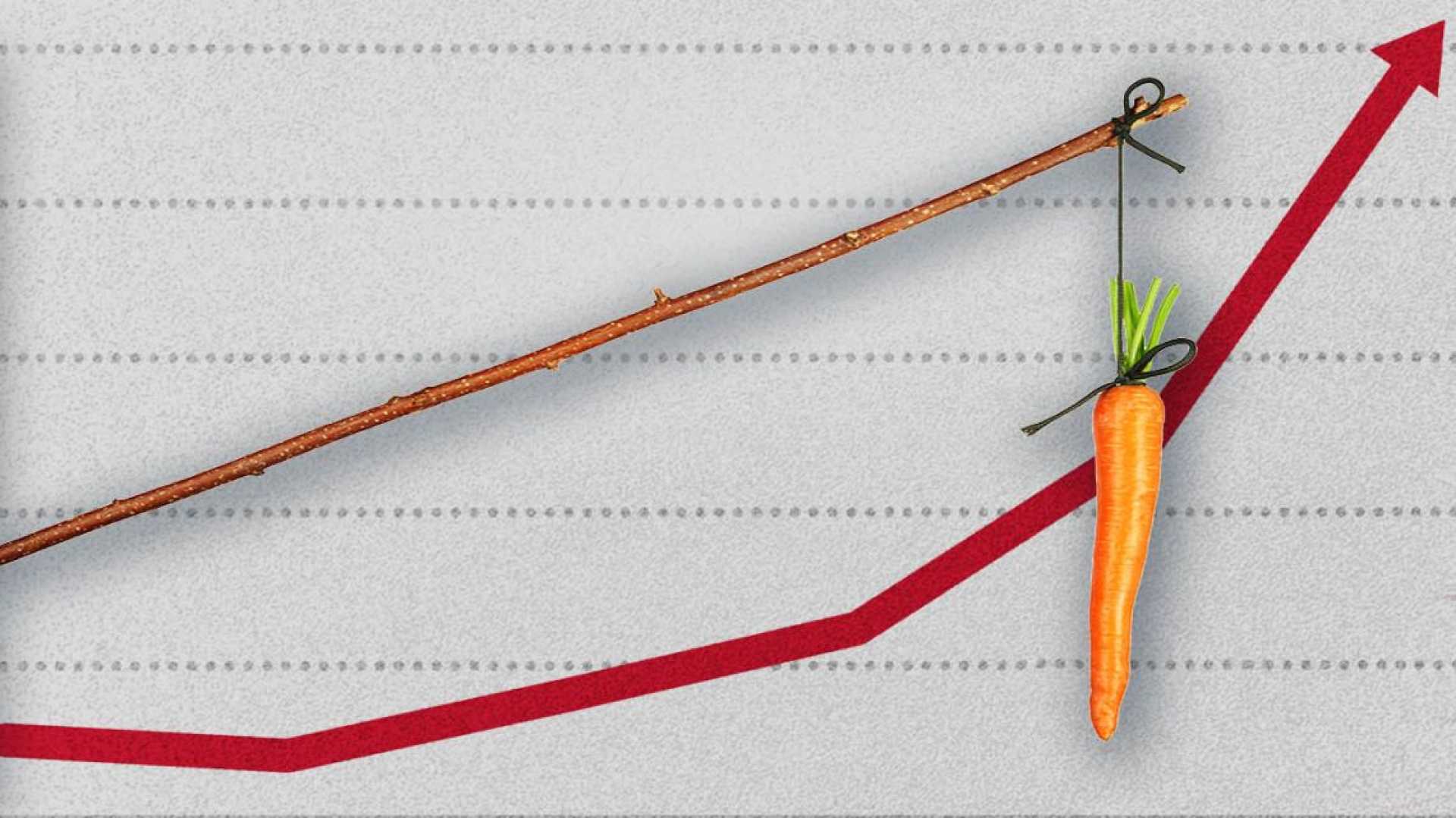Politics
Argentina Marks 50 Years Since ‘Rodrigazo’ Economic Crisis

BUENOS AIRES, Argentina — This week marks the 50th anniversary of the Rodrigazo, a pivotal economic crisis in Argentina that has shaped the country’s financial trajectory. The crisis, identified by economist Pablo Gerchunoff as the first major self-generated crisis since 1890, was marked by significant devaluation and skyrocketing inflation.
In 1975, under the guidance of then-Minister Celestino Rodrigo, drastic measures were taken, leading to a staggering devaluation of the peso against the dollar — from 10 to 26 pesos. Public service tariffs soared by 180%, setting the stage for Argentina’s long-standing battle with inflation. That year, inflation reached 185%, which persisted above 100% for the next 15 years.
The Rodrigazo signified a dramatic decline in the quality of life for many Argentines, initiating a steep deterioration in socio-economic and labor conditions. In comparison, in 1973, the social integration index was similar to that of France but has since devolved to resemble the levels of Peru today.
Argentina’s economic landscape has grown increasingly unequal over the past five decades, particularly after the financial crisis of 2001. This historical context has sparked conversations around the current administration under Javier Milei, whose approach focuses on combating inflation and stabilizing the economy amidst significant social distress.
Recent studies highlight a changing social fabric in Argentina. According to Hugo Haime’s research, only about 0.7% of Argentines identify as upper class, while 26.6% see themselves as middle class. An overwhelming majority, 71.7%, aspire to join the middle class. This illustrates the ongoing pursuit of upward mobility, despite many perceiving a troubling regression in social standing
Furthermore, the government’s austerity measures have led to cuts in social spending, raising concerns about the government’s ability to support the most vulnerable populations. A recent analysis shows a 14.19% cut in real social spending, affecting sectors such as young adults, the elderly, and children, with implications for overall poverty levels.
In the current political climate, the key question remains: Can Milei’s government restore faith among the populace? The Argentine society, weary from economic downturns, continues to look for viable solutions – specifically, the stabilization of the economy and the reduction of inflation that directly impacts their daily lives.
As political campaigns ramp up ahead of elections in September, the legacy of the Rodrigazo serves as a stark reminder of Argentina’s economic vulnerabilities and the urgent need for effective leadership.












